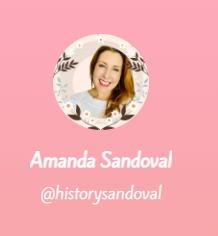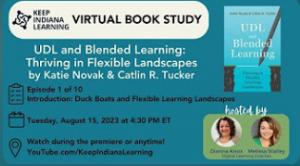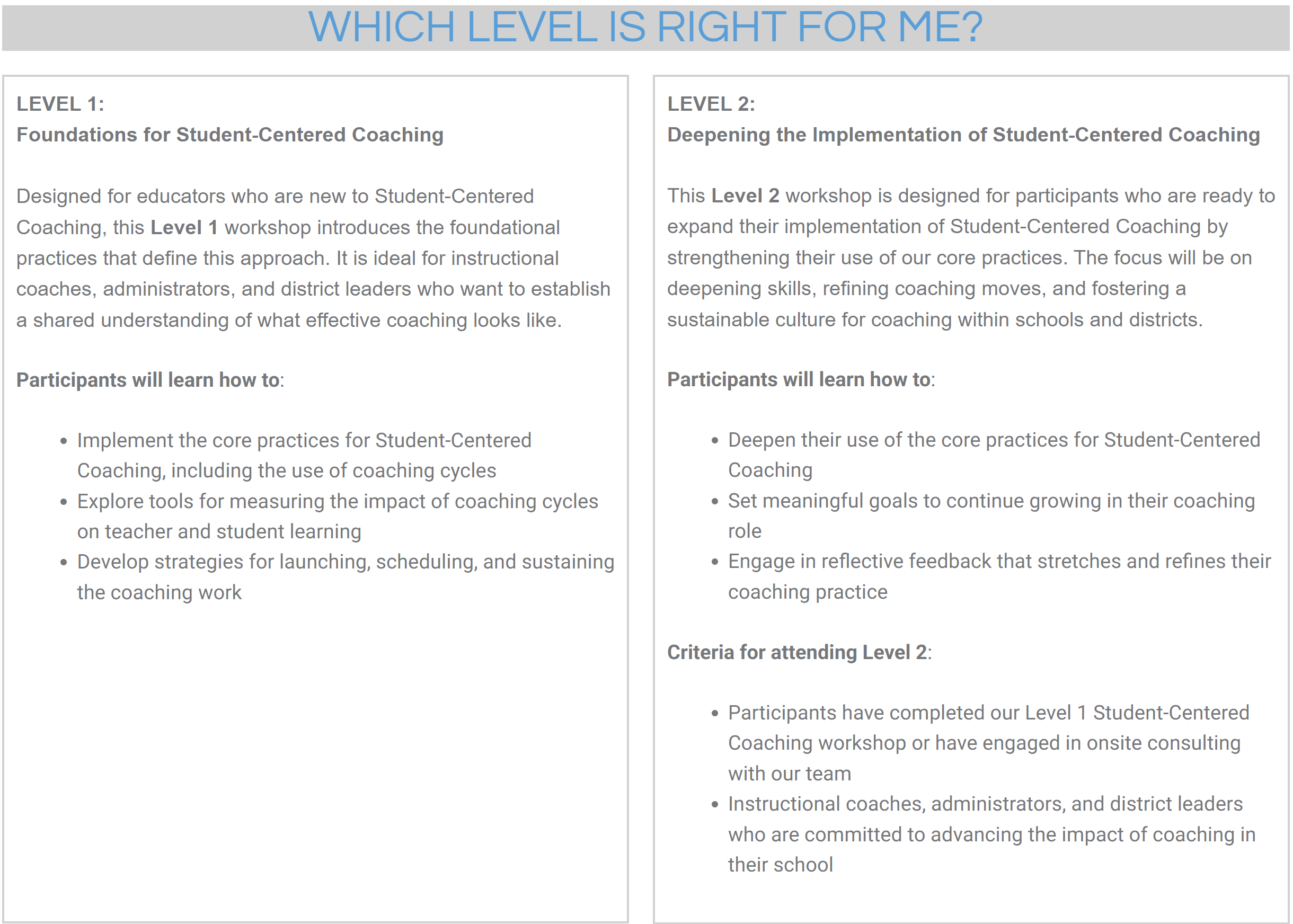As the educational landscape continues to evolve, arguably one of the most impactful developments for educators has been the use of social media platforms to establish vibrant professional learning communities (PLCs). Educators like you are continually looking to improve their practice by learning from and with others, and exploring proven and promising practices that leverage technology to boost student learning. What better way to do this than through social media. Once primarily associated with personal networking and entertainment, social media has transformed into a powerful tool for educators seeking collaboration, idea sharing, and professional growth. As a new technology integration specialist, I’ve witnessed firsthand the incredible benefits that social media can bring to educators like myself looking to expand their networks and access a wealth of resources. In this blog post, I’ll explore the advantages of utilizing social media to build a professional learning community and offer valuable tips for educators aiming to establish their own robust network.
“Social media platforms break down geographical barriers, enabling educators from diverse locations to connect and exchange ideas.”
Benefits of Using Social Media for Professional Learning Communities
1. Global Networking Opportunities:
Social media platforms break down geographical barriers, enabling educators from diverse locations to connect and exchange ideas. I have made X, formerly Twitter, my professional networking platform as I work to build my PLC and connect with educators across the country.
Some of my favorite EdTech resources often come from Eric Curts at Control Alt Achieve who is a tech integrationist from Ohio.
 I go to Amanda Sandoval, a history teacher from California, for anything History or Blended Learning related as she offers exceptional templates from her classroom. This global reach allows for exposure to a wide array of teaching methodologies, resources, and perspectives that can enrich classroom practices and resources I bring to my own staff.
I go to Amanda Sandoval, a history teacher from California, for anything History or Blended Learning related as she offers exceptional templates from her classroom. This global reach allows for exposure to a wide array of teaching methodologies, resources, and perspectives that can enrich classroom practices and resources I bring to my own staff.
2. Collaboration and Idea Sharing:
One of the most rewarding aspects of participating in social media-based PLCs is the collaborative nature of the interactions. Platforms such as Twitter, Facebook groups, and even TikTok communities foster such collaboration among educators through discussions, polls, and threads allowing for the sharing of insights, experiences, and best practices, thereby promoting innovative teaching methods. Hearing from other educators from diverse locations who are also struggling with the same issues many of us are facing helps build a sense of community and lets us know that we can lean on each other for support. Navigating daily challenges becomes significantly more manageable with the support of other educators.
3. Professional Development Opportunities:
 Social media serves as a hub for continuous professional development. Educators can participate in virtual conferences, live chats, and webinars, learning from experts and peers without leaving the comfort of their own living room.
Social media serves as a hub for continuous professional development. Educators can participate in virtual conferences, live chats, and webinars, learning from experts and peers without leaving the comfort of their own living room.
Keep Indiana Learning’s Live Book Study chats are a personal favorite! For me, engaging in social media-based PLCs provides an invaluable support system. Educators can seek advice, mentorship, and guidance from experienced colleagues, fostering a sense of community and encouragement. I love that through the use of these platforms we can “Go Live” with our favorite EdTech Heros to collaborate, gather ideas and share insights in real time across the state and beyond!
Three Tips for Educators to Build a Professional Learning Community via Social Media
1. Choose the Right Platforms:
Select social media platforms that align with your professional goals. Twitter, or X, is popular for quick exchanges, while Facebook groups offer in-depth discussions. LinkedIn is ideal for professional networking and career growth. Subscribing to YouTube channels allows you to follow along with your favorites with notifications when they are live and Tik Tok is a more recent option for those looking to get quick tips and suggestions about their favorite apps.
2. Be an Active Participant:
Engage regularly by sharing resources, commenting on discussions, and offering insights. Active participation encourages reciprocal engagement and helps build a network of like-minded professionals. My most valuable connections have been established through active participation by consistently sharing insights, commenting on posts, and actively joining discussions. My favorite example of this is when I reached out to Jon Corippo, one of the authors of the Eduprotocols books. He ended up sending me signed copies of the first two books!
3. Follow Relevant Hashtags and Handles:
Utilize hashtags related to education (#EduTwitter, #EdTech, #TeachingStrategies) and follow influential educators and organizations. This keeps you updated and connected within your niche. #FETC was a hashtag I followed before and during my trip to Orlando recently. #KINL and #VirtuallyDifferent are two that the Keep Indiana Learning Digital Learning coaches often use when sharing content and make it easy to search for your favorites.
“Embrace the power of social networking to expand your knowledge, exchange ideas, and foster collaborative relationships within the education realm.”
Building a professional learning community through social media is an enriching journey that offers many benefits for educators. Embrace the power of social networking to expand your knowledge, exchange ideas, and foster collaborative relationships within the education realm. By implementing these tips, educators can create a supportive professional learning community that enhances their teaching practices and professional growth. Dive in, engage, and watch your network grow as you contribute and learn from this collective pool of knowledge and experience. Join the conversation and witness the transformative power of social media in education!
Resources
Please login or register to claim PGPs.
Alternatively, you may use the PGP Request Form if you prefer to not register an account.




